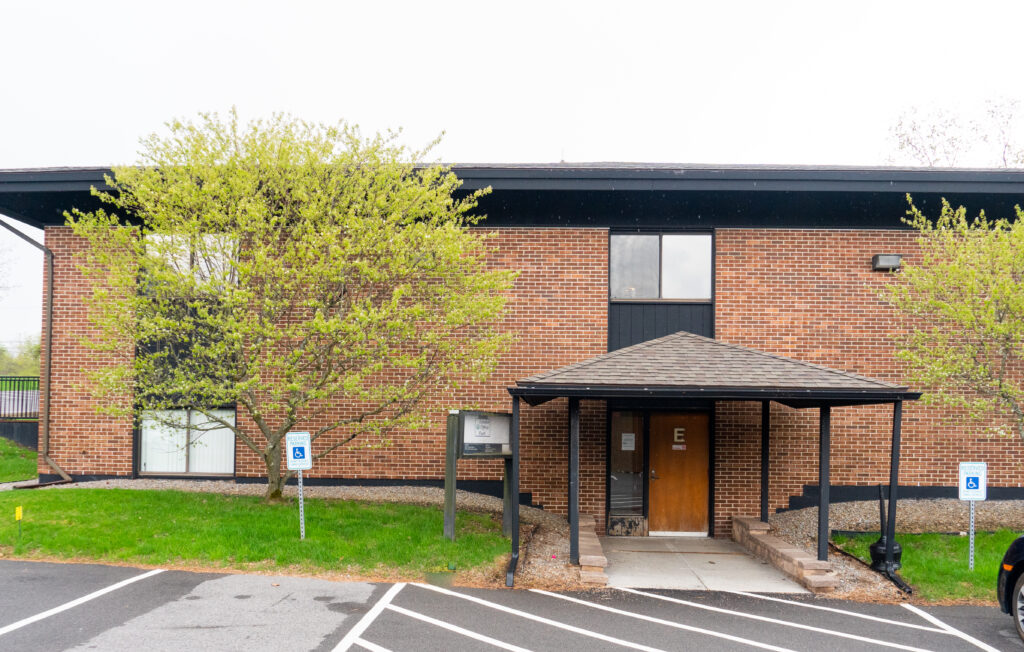Do You Really Need An Annual Hearing Test?
By digitaljoe
Every year, many of us have a bit of a routine built-in to help us maintain our health. We see our primary care doctor for our annual physical, schedule an appointment or two with our dentist, go to the eye doctor, and perhaps even get blood work done, just to make sure everything is shipshape.
But what about our hearing? When we do our annual round of health check-ups, more often than not, we forget to have our hearing tested, even if we already know that we’re at risk for hearing loss.
For many people, getting our hearing tested every year is yet another chore, so it often slips under the radar among all of the other commitments we need to tend to. So, do you really need to get an annual hearing test? Or, can you let it slide? Let’s find out.
The Need For Hearing Tests
The main reason for getting a hearing test is to ensure that your hearing is at a normal level. During the course of a hearing test, a trained hearing healthcare professional can identify whether or not you might have hearing loss and can help you get the care you need.
Although hearing loss might not seem like a huge issue, the condition comes with a whole host of associated problems that can negatively impact your mental and physical health. Unfortunately, many people wait until they have a lot of difficulties communicating before they go to get their hearing tested.
Leaving hearing loss untreated can result in a higher likelihood of developing dementia and depression as it can negatively affect your social and emotional health. Plus, untreated hearing loss can increase your risk for falls and can result in longer and more frequent hospital stays.
So, while an annual hearing test might seem like yet another appointment to add to your busy schedule, it can help you avoid more serious problems down the line.
Who Needs An Annual Hearing Test?
While a significant number of people with hearing loss are senior citizens, it’s important to remember that hearing loss can affect anyone, regardless of age, race, gender, or other demographics. In fact, while nearly half of people over the age of 75 have hearing loss, the World Health Organization estimates that some 1.1 billion young people between the ages of 12 and 35 are at risk of hearing loss thanks to frequent exposure to loud noises at concerts, clubs, and sporting events.
Thus, everyone can benefit from frequent hearing tests. Indeed, getting an annual hearing test can help you track how your hearing is doing over time. In general, hearing healthcare practitioners recommend getting a baseline hearing test done in early adulthood and annual checkups once you reach the age of 55.
Doing so will allow you to set benchmarks for your hearing performance and might make it easier for hearing healthcare professionals to spot the early signs of hearing loss before things get worse. Of course, if you’re concerned about your hearing, or that of a loved one, you can always schedule a hearing test with your trusted hearing healthcare professionals, so they can get you the treatment you need.


